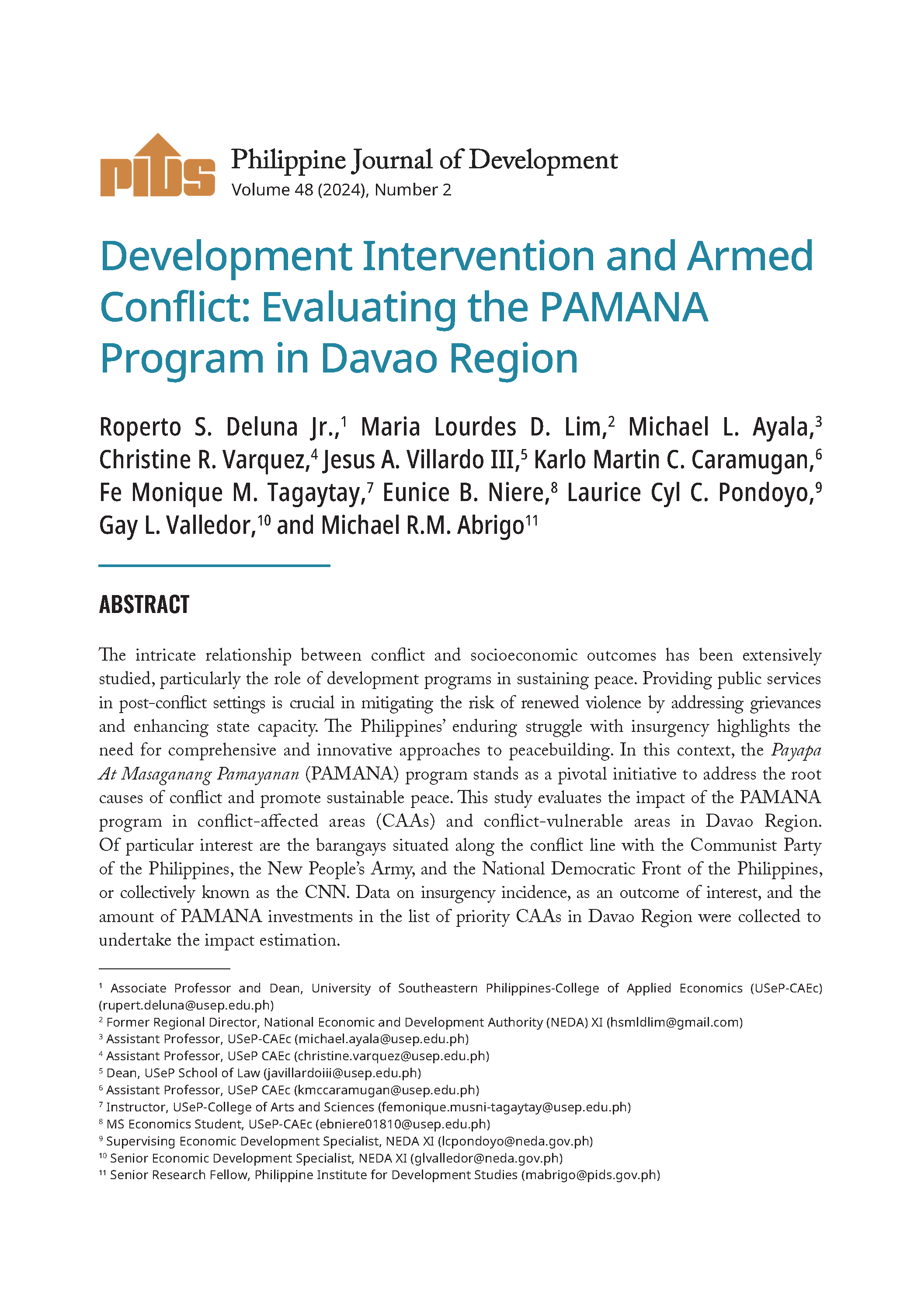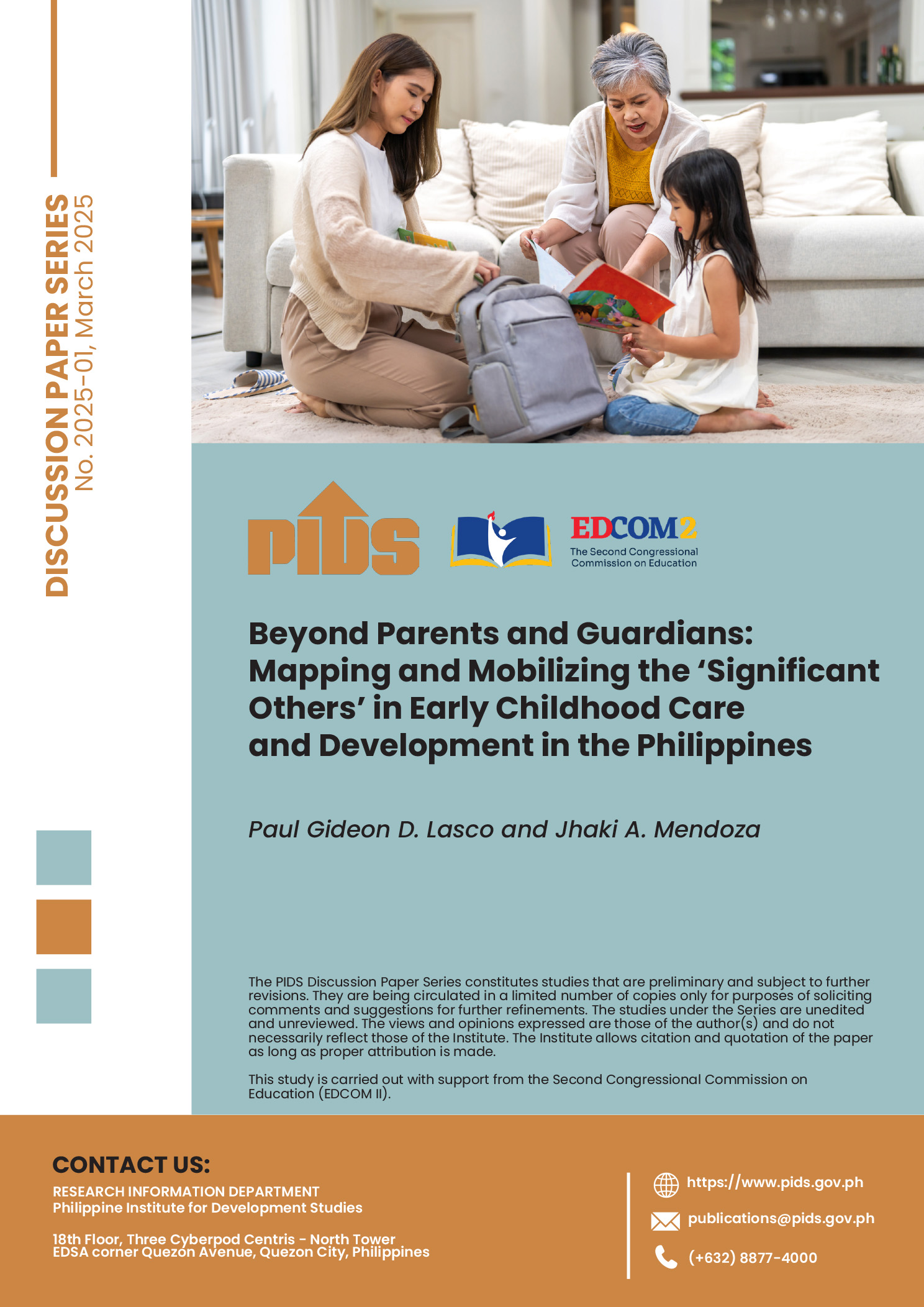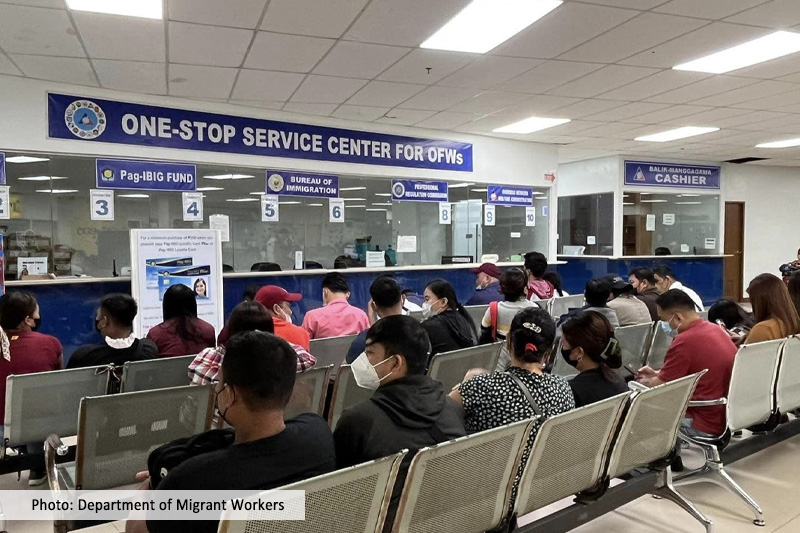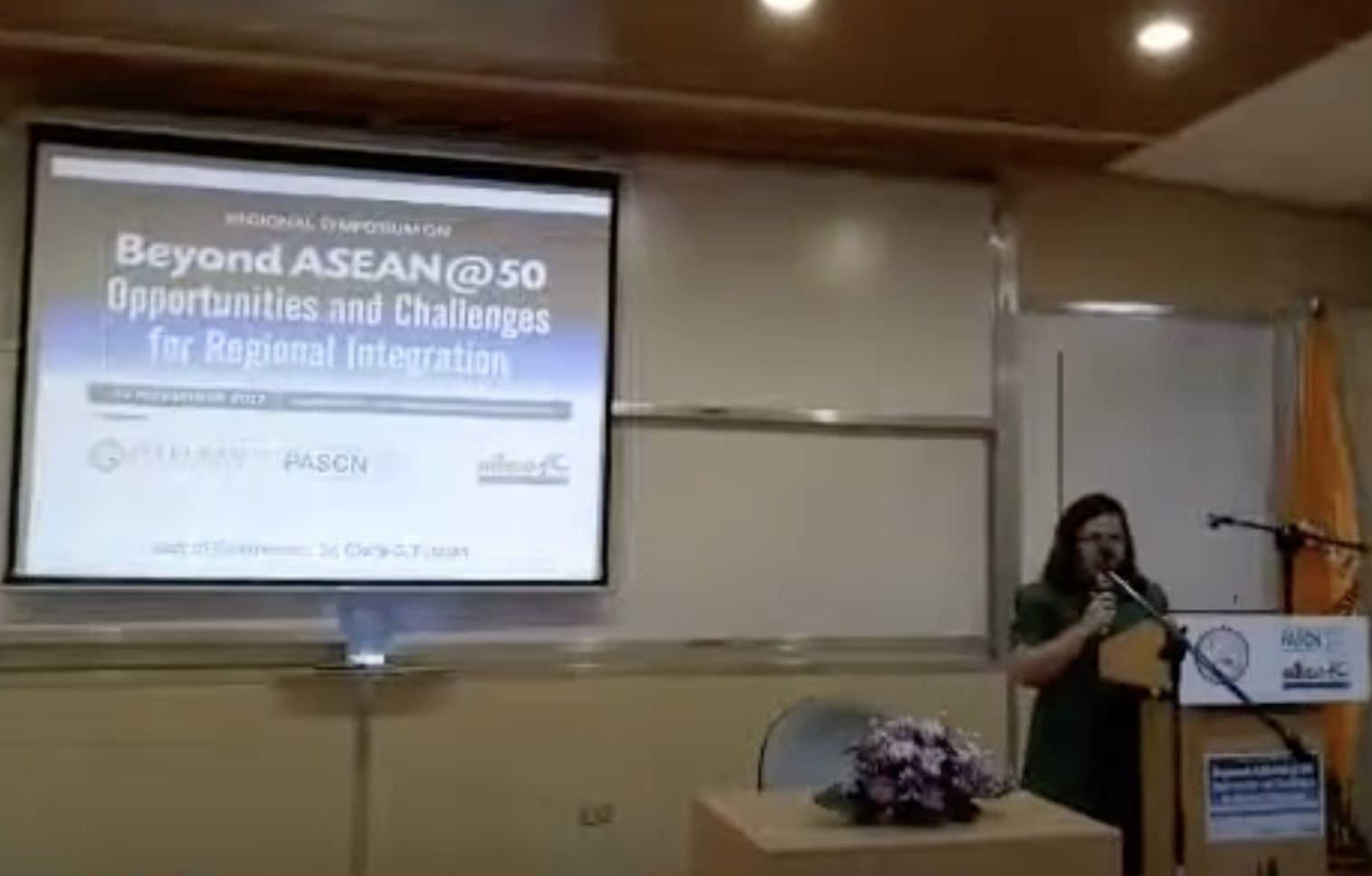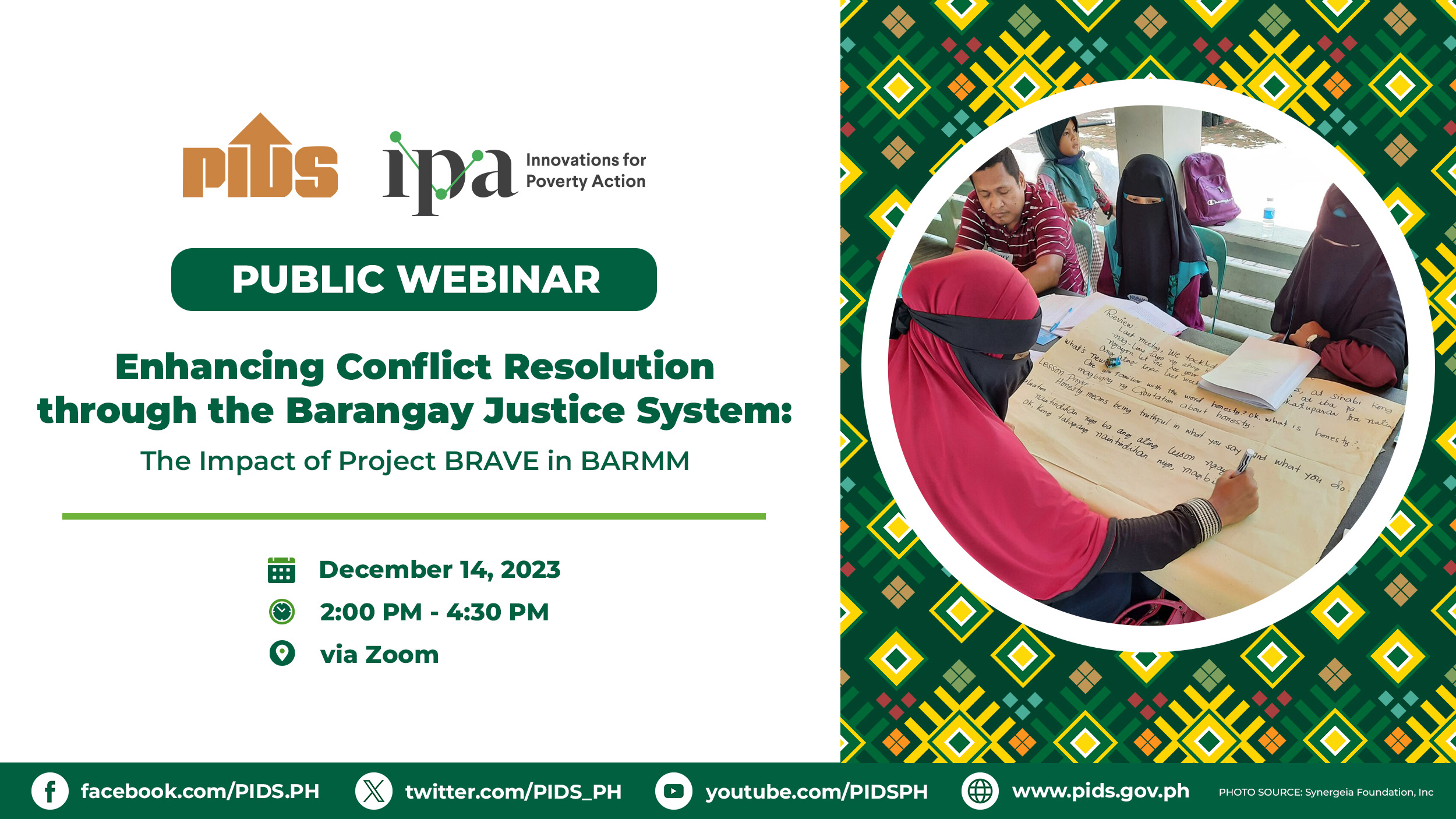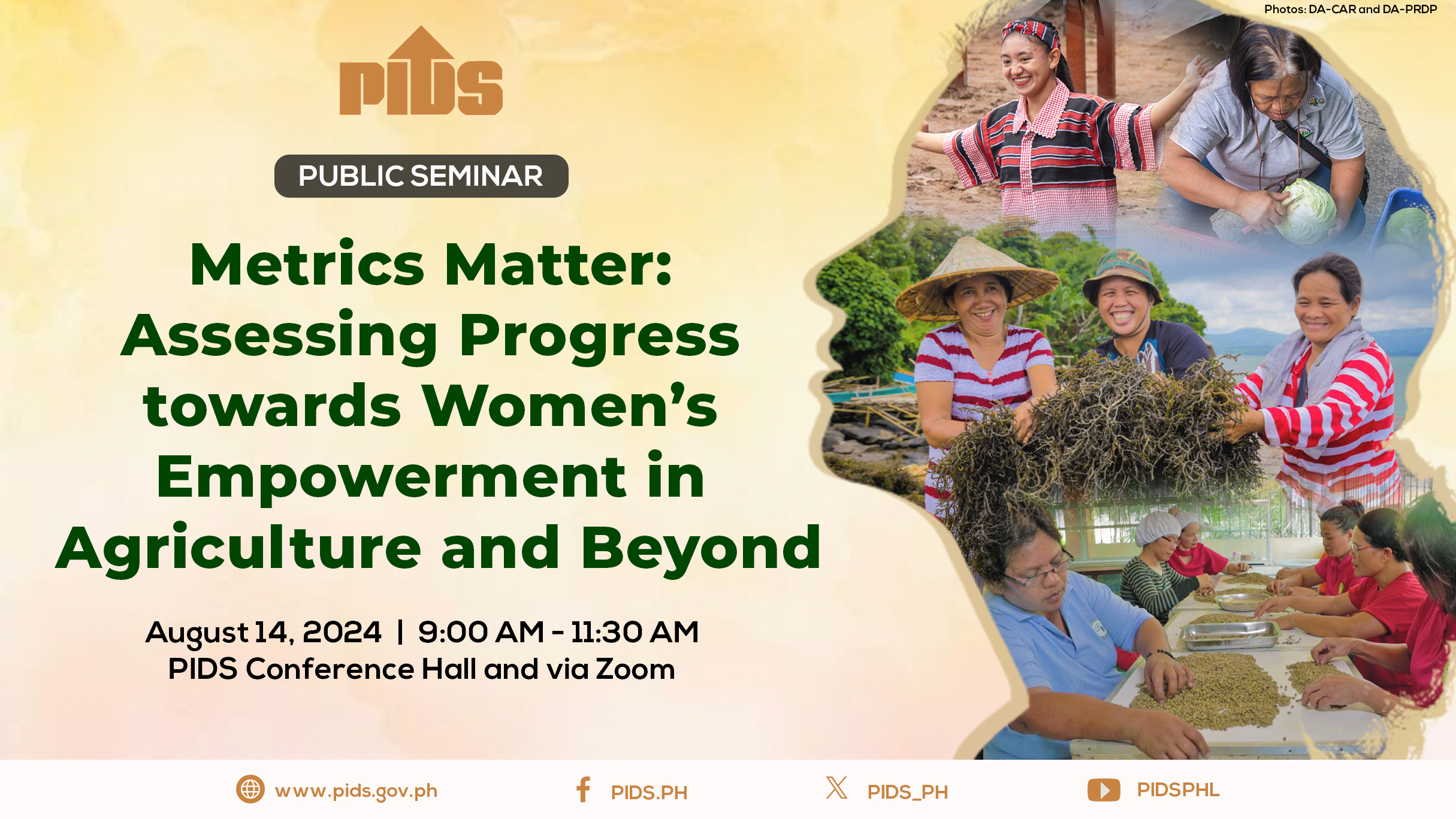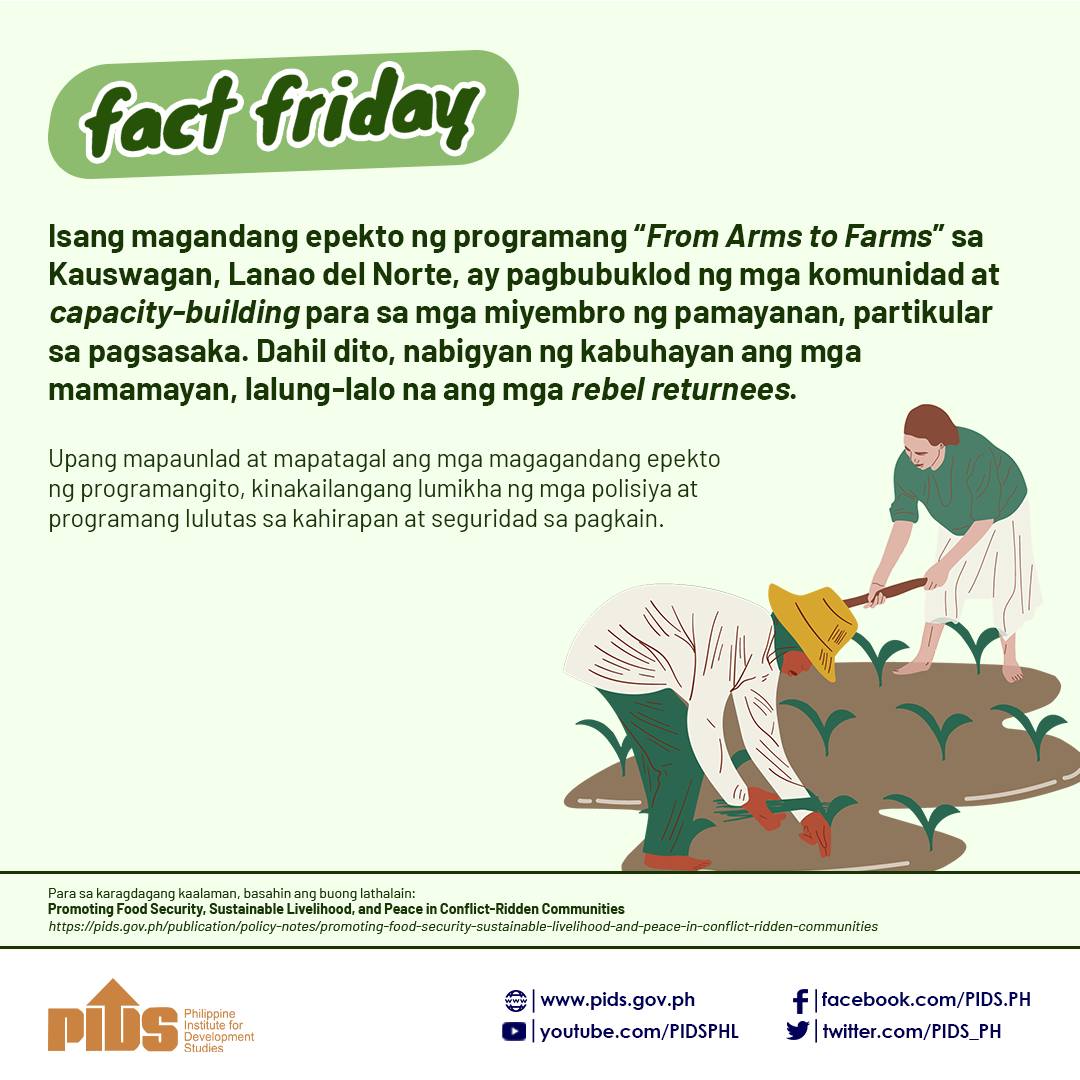The early months of the Duterte administration is bringing fresh hopes of better Philippines-Chinese relationships which has given proponents of peace and progress through fair and equitable partnerships an opportunity to put forward suggestions for improving relationships. A structured sharing was crafted under the auspices of the Center for Philippine Studies & Institute of Southeast Asian Studies of Jinan University, Guangzhou China, and the Philippine Association for Chinese Studies, Philippine Institute for Peace, Violence, and Terrorism Research and the Philippine-Chinese Friendship Clubs. I joined other respected and recognized Chinese-Philippine analysts give their prognosis on the “Future of Philippine-Chinese relationships: Beyond Conflict.”
Mr. Chito Sta. Romana, a veteran Filipino journalist who has lived and worked in China for more than three decades, sees the election of President Duterte and his desire to open bilateral talks and improve relations with China as an opportunity for opening a new chapter in bilateral ties. But he considers major factors that have an impact – the legal victory attained by the Philippines in its arbitration case against China and the Chinese leadership’s attitude of negating the arbitral tribunal’s ruling. He believes both sides will need a significant degree of creativity, flexibility, and pragmatism to find way forward. He considers the key challenge for both sides is to acknowledge and manage their differences as they explore areas of functional cooperation so they can co-exist peacefully as neighboring countries, Professor Dai Fan, founder of the Center of Philippine Studies at Jinan University, postulates that a balancing policy between China and the United States may serve the Philippines national interest best.
Dr. Rommel C. Banloi, chairman of the Philippine Institute for Peace, Violence and Terrorism and director of the Center of Intelligence and National Security Studies believes that beyond the South China Sea disputes, the Philippines and China can cooperate in many areas of common interests especially in countering the virulent threat of terrorism.
Dr. Ellen Palanca, director of Confucius Institute at the Ateneo de Manila University, analyzed and explained the trends of the various economic aspects of Philippines-China relations – trade, investments, loans and ODAs, and tourism – showing how global trade integration, global financial crisis, slowdown, and structural changes in China’s economy explains the trends. However, Philippine domestic governance and political relations with China are important determinants for loans and ODAs from China.
Dr, Jay L. Batongbacal, the director of the UP Institute for Maritime Affairs and Law of the Sea and recognized marine policy researcher, explained that the arbitration ruling has cleared the air and provides a good basis for bilateral talks and better relations in the future.
Prof. Lu Jian-Ren, chief research fellow of the China-ASEAN Research Institute of the Guangxi University, suggests the proper resolution of the South China Sea dispute, shelving disputes and move to joint development, start bilateral talks on economic cooperation, promote tourism, and strengthen cultural, people-to-people exchange.
Dr. Gilberto Llanto, president of the Philippines Institute for Development Studies, considers infrastructure as an important area of cooperation between the Philippines and China. China has technical and financial resources that should be tapped to address the infrastructure lack which is a binding constraint to Philippine growth. The Asian Infrastructure Investment Bank, being a good vehicle to improve Philippine infrastructure and connectivity with East Asia and Southeast Asia, should make the Philippines ratify AIIB membership, allocate a budget for capital contribution, prepare the project pipeline, and negotiate co-financing.
Mr. Lucio Blanco Pitlo III, assistant professorial lecturer for International Studies at the De La Salle University, thinks that while disputes persist in the South China Sea, proximity and contiguity (by land and sea) can actually be used to foster mutually beneficial ties which can serve as foundations for improved relations and enduring regional peace and order.
General Victor Corpus, former chief, Intelligence Service of the Armed Forces of the Philippines, boldly offers a win-win solution by both sides agreeing to set aside the issue of sovereignty for the rest of the century; making clear that each party is not surrendering its claim so no one loses face. Then the win-win talks begin, leading to joint exploitation of fishery resources, exploration of oil, gas and other minerals, Manila as easternmost HUB of the maritime Silk Road of the 21st century.
Dr. Aaron Jed Rabena who recently obtained his PhD in International Relations from the School of Political Science and Public Administration at Shandong University, Jinan, underscores the need to understand the dynamics behind the China-Philippine tension and recommends potential management solutions/policy actions in easing the situation and advancing the bilateral structure of the relations.
Professor Ju Hai-Long, vice dean of the School of International Relations/Academy of Overseas Chinese, Jinan University, believes that the future development of Sino-Philippines relations relies on the choice of the Duterte administration’s SCS’s policy, the pressure that the US puts on the Philippines, and the scale that China and the Philippines cooperate science in the region.
Dr. Aileen Baviera, professor and former dean of the UP Asian Center, argues that from a Philippine perspective, managing the disputes with China will have to be undertaken at various levels and using different frames – the role the disputes play in perceptions of China as a security threat, the need to address the question of access and rights to the ocean’s resources, and the role the disputes play in regional integration.
Dr. You Hong-Bo, assistant professor of the School of International Relations, Sun Yat-sen University, traces the quick development of media diplomacy and argues that Weibo which has become an important tool of public diplomacy be used to better Philippine-China relations.
Ms. Mean Ang See, director of Bahay Tsinoy museum, explores how the Chinese in Philippines see their places in the SCS/WPS discourse and presented the result of an identity study done in 1995 and 2016.
Ms. Ivy Marie Ganadillo, university extension specialist at the University of the Philippines Diliman, poses the question – will the Chinese presence bridge the gap or pose suspicion between the two nations?
Wilson Lee Flores, a multi-awarded writer, college teacher, and real estate entrepreneur, contends that the generations of Chinese in the Philippines have always supported the promotion of Philippine-Chinese relations.
Having engaged China since the 80’s – lectured in 7 Chinese universities, participated in joint media forums of ASEAN and China, negotiated the trade deals with Minister Wui which opened the door to Philippine banana exports, and held discussions with Communist Party officials on the Rule of Law and other Structural Reforms in China – I shared the belief that greater understanding of each other will allow Philippines and China to go beyond conflict. More responsible media will help improve Philippines- China relations.
Mr. Chito Sta. Romana, a veteran Filipino journalist who has lived and worked in China for more than three decades, sees the election of President Duterte and his desire to open bilateral talks and improve relations with China as an opportunity for opening a new chapter in bilateral ties. But he considers major factors that have an impact – the legal victory attained by the Philippines in its arbitration case against China and the Chinese leadership’s attitude of negating the arbitral tribunal’s ruling. He believes both sides will need a significant degree of creativity, flexibility, and pragmatism to find way forward. He considers the key challenge for both sides is to acknowledge and manage their differences as they explore areas of functional cooperation so they can co-exist peacefully as neighboring countries, Professor Dai Fan, founder of the Center of Philippine Studies at Jinan University, postulates that a balancing policy between China and the United States may serve the Philippines national interest best.
Dr. Rommel C. Banloi, chairman of the Philippine Institute for Peace, Violence and Terrorism and director of the Center of Intelligence and National Security Studies believes that beyond the South China Sea disputes, the Philippines and China can cooperate in many areas of common interests especially in countering the virulent threat of terrorism.
Dr. Ellen Palanca, director of Confucius Institute at the Ateneo de Manila University, analyzed and explained the trends of the various economic aspects of Philippines-China relations – trade, investments, loans and ODAs, and tourism – showing how global trade integration, global financial crisis, slowdown, and structural changes in China’s economy explains the trends. However, Philippine domestic governance and political relations with China are important determinants for loans and ODAs from China.
Dr, Jay L. Batongbacal, the director of the UP Institute for Maritime Affairs and Law of the Sea and recognized marine policy researcher, explained that the arbitration ruling has cleared the air and provides a good basis for bilateral talks and better relations in the future.
Prof. Lu Jian-Ren, chief research fellow of the China-ASEAN Research Institute of the Guangxi University, suggests the proper resolution of the South China Sea dispute, shelving disputes and move to joint development, start bilateral talks on economic cooperation, promote tourism, and strengthen cultural, people-to-people exchange.
Dr. Gilberto Llanto, president of the Philippines Institute for Development Studies, considers infrastructure as an important area of cooperation between the Philippines and China. China has technical and financial resources that should be tapped to address the infrastructure lack which is a binding constraint to Philippine growth. The Asian Infrastructure Investment Bank, being a good vehicle to improve Philippine infrastructure and connectivity with East Asia and Southeast Asia, should make the Philippines ratify AIIB membership, allocate a budget for capital contribution, prepare the project pipeline, and negotiate co-financing.
Mr. Lucio Blanco Pitlo III, assistant professorial lecturer for International Studies at the De La Salle University, thinks that while disputes persist in the South China Sea, proximity and contiguity (by land and sea) can actually be used to foster mutually beneficial ties which can serve as foundations for improved relations and enduring regional peace and order.
General Victor Corpus, former chief, Intelligence Service of the Armed Forces of the Philippines, boldly offers a win-win solution by both sides agreeing to set aside the issue of sovereignty for the rest of the century; making clear that each party is not surrendering its claim so no one loses face. Then the win-win talks begin, leading to joint exploitation of fishery resources, exploration of oil, gas and other minerals, Manila as easternmost HUB of the maritime Silk Road of the 21st century.
Dr. Aaron Jed Rabena who recently obtained his PhD in International Relations from the School of Political Science and Public Administration at Shandong University, Jinan, underscores the need to understand the dynamics behind the China-Philippine tension and recommends potential management solutions/policy actions in easing the situation and advancing the bilateral structure of the relations.
Professor Ju Hai-Long, vice dean of the School of International Relations/Academy of Overseas Chinese, Jinan University, believes that the future development of Sino-Philippines relations relies on the choice of the Duterte administration’s SCS’s policy, the pressure that the US puts on the Philippines, and the scale that China and the Philippines cooperate science in the region.
Dr. Aileen Baviera, professor and former dean of the UP Asian Center, argues that from a Philippine perspective, managing the disputes with China will have to be undertaken at various levels and using different frames – the role the disputes play in perceptions of China as a security threat, the need to address the question of access and rights to the ocean’s resources, and the role the disputes play in regional integration.
Dr. You Hong-Bo, assistant professor of the School of International Relations, Sun Yat-sen University, traces the quick development of media diplomacy and argues that Weibo which has become an important tool of public diplomacy be used to better Philippine-China relations.
Ms. Mean Ang See, director of Bahay Tsinoy museum, explores how the Chinese in Philippines see their places in the SCS/WPS discourse and presented the result of an identity study done in 1995 and 2016.
Ms. Ivy Marie Ganadillo, university extension specialist at the University of the Philippines Diliman, poses the question – will the Chinese presence bridge the gap or pose suspicion between the two nations?
Wilson Lee Flores, a multi-awarded writer, college teacher, and real estate entrepreneur, contends that the generations of Chinese in the Philippines have always supported the promotion of Philippine-Chinese relations.
Having engaged China since the 80’s – lectured in 7 Chinese universities, participated in joint media forums of ASEAN and China, negotiated the trade deals with Minister Wui which opened the door to Philippine banana exports, and held discussions with Communist Party officials on the Rule of Law and other Structural Reforms in China – I shared the belief that greater understanding of each other will allow Philippines and China to go beyond conflict. More responsible media will help improve Philippines- China relations.


